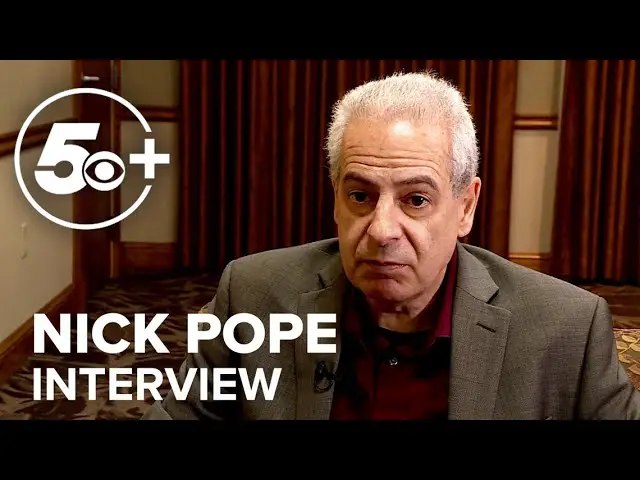
Nick Pope, a former civilian employee for the British Ministry of Defense, is a renowned journalist and UFO investigator whose career has deeply intertwined with the enigmatic world of unidentified aerial phenomena (UAP). Pope’s unique position within the government allowed him to run the UFO program, famously known as the “UFO desk,” from 1991 through to 1994. His work involved assessing the defense, national security, and flight safety implications of UFO sightings—a task that revealed more about the skies than previously understood.
During his tenure, Pope approached the UFO phenomenon with a healthy skepticism. With approximately two to three hundred sighting reports coming annually, 80% of these could be explained as misidentifications of ordinary objects or phenomena. However, a persistent 5% remained categorized as “unknown,” which neither confirmed nor denied extraterrestrial activity. This core of unexplained cases exhibited behaviors and technologies seemingly beyond contemporary aerospace capabilities.
Nick Pope’s journey into the UFO phenomenon was not just a career but a transformational experience. Over the years, as he delved deeper into historical files and new reports, his skepticism transformed into a realization of the phenomenon’s complexity and significance. This shift in perspective was not just personal but reflective of a broader change in societal attitudes towards UFOs.
In his post-MoD life, Pope has continued to be a significant figure in UFO research and advocacy, using his insider knowledge to educate the public and media. His involvement in the subject has grown alongside public interest, especially following major media disclosures like the 2017 New York Times revelations about the Advanced Aerospace Threat Identification Program (AATIP) and the US Navy’s infrared videos of UFOs.
The landscape of UFO investigation and the public’s perception of it have evolved. What was once fringe has edged into mainstream discussions, driven by government acknowledgments and legislative actions. Hearings and reports from the Office of the Director of National Intelligence and the Pentagon, along with active engagement from Congress, signify a shift towards demanding transparency and exploring the implications of UAPs without stigma.
Pope highlights the importance of rebranding ‘UFOs’ to ‘UAPs’, advocating for a more serious and unprejudiced discussion within government circles and the public sphere. His insights suggest that the phenomena might not just be extraterrestrial but could also involve other dimensions, as hinted by modern physics theories like string theory and the experiments conducted at the Large Hadron Collider.
Through his work and public engagements, Nick Pope continues to foster a nuanced understanding of UAPs, encouraging open-mindedness and scientific inquiry into one of humanity’s most profound mysteries. Whether addressing conferences, participating in documentaries, or appearing in news segments, Pope remains a pivotal figure in bridging the gap between government secrecy and public curiosity, driving the narrative from the shadows of fringe theory into the light of mainstream scientific and cultural discourse.


Leave a Reply